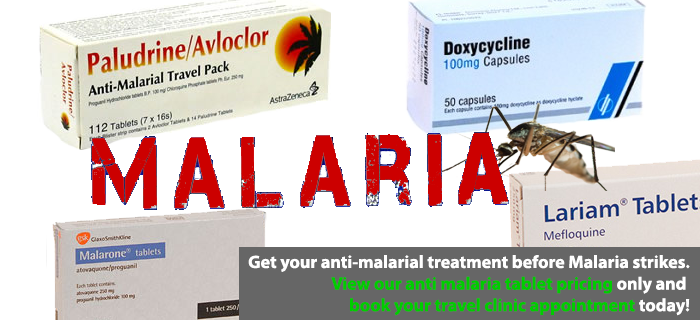
Avoiding Malaria
AVOIDING MALARIA
Malaria is spread primarily by bites from Anopheles mosquitoes and is characterized by fever and influenza-like symptoms, including chills, headache, muscle pain, and malaise; these symptoms can occur at intervals. Further serious medical complications are a possibility. Therefore if you have these symptoms while travelling in a malaria zone or within 4 weeks of leaving the malaria zone you must speak to your trip leader or a doctor about it.
As the disease is spread by mosquitoes, the primary action is to minimise the risk of being bitten in the first place. Bites are most often sustained between dusk and dawn and in areas with low wind speeds and the presence of water.
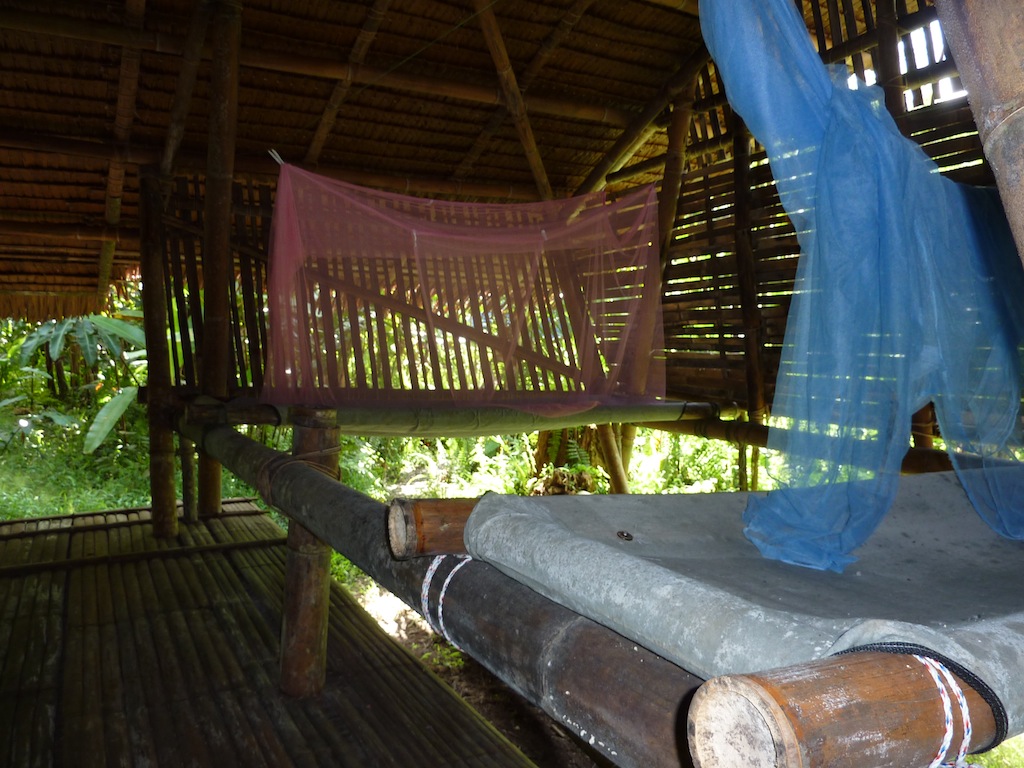
Specific measures that you can take to reduce the risks of being bitten include:-
- Between dusk & Dawn remain in well-screened areas
- Using mosquito bed nets treated with insecticide such as Permethrin
- Wearing clothes that cover most of the body
- Use repellent on exposed skin such as 50% DEET
No vaccine is currently available and no method can protect completely against the risk for contracting malaria. There are a number of anti-malarial medications that can be used, advice on which medication is most suitable for you must be sought from a medical practitioner with access to your own medical history. Many factors can affect which medicine is most appropriate to you personally including:-
- where you are going
- medical history, including any drug allergies
- relevant family medical history
- current medicines
- any problems with antimalarial medicines in the past
- your age
- whether you are pregnant
Antimalarials only reduce your risk of infection by about 90%, so taking steps to avoid bites is also important. It is vital that you take the anti-malarial tablets all the time and the correct dosage.
You can initially check the Malaria risk of your destination using the NHS Fit For Travel website and going to the pages for the country. There will be guidance and a Malaria Map showing where in the country is considered a risk, for example this is the one for Nepal Malaria Map.

Possible medications to consider include:-
Malarone (Atovaquone plus proguanil) the adult dose is one adult-strength tablet a day. It should be started just one or two days before your trip, taken all the time that you are in a risk area and for seven days after you get back. It is more expensive than other antimalarials so may be more suitable for use on short trips.
Avloclor (Chloroquinine) the adult dosage is two tablets taken once a week. It must be started one week before you travel, taken all the time you are in a risk area and for four weeks after you return. Chloroquine is one of the oldest antimalarial medicines and many strains of malaria are now resistant to it.
Vibramycin-D (Doxycycline) the dose is 100mg daily as a tablet or capsule. You should start the tablets two days before you travel, and take them all the time you are in a risk region and for four weeks after you return. Possible side effects include sunburn due to light sensitivity. Doxycycline is relatively cheap.
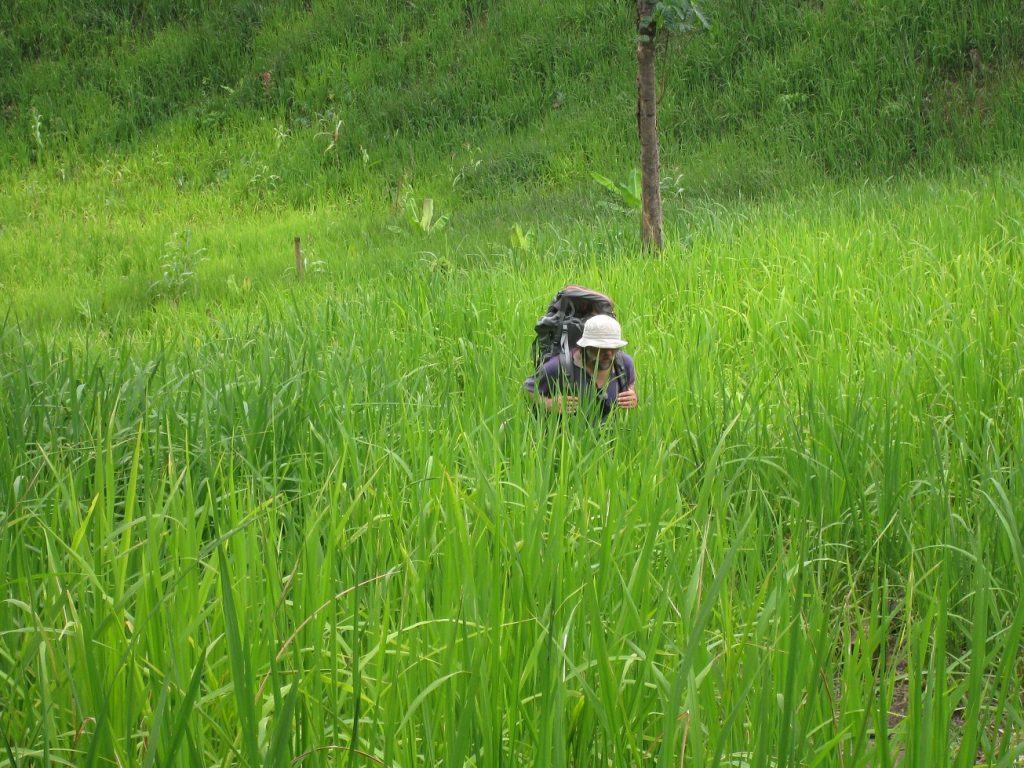
Lariam (Mefloquine) the adult dose is one tablet weekly. It should be started three weeks before you go and taken all the time you are in the risk region and for four weeks after you get back. It is not recommended if you have epilepsy, seizures, depression or psychiatric problems, or if a close relative has any of these conditions. It is not usually recommended for people with severe heart or liver problems.
Paludrine (Proguanil) the adult dosage is two proguanil tablets each day (usually taken with two tablets of chloroquine once a week, on the same day each week) You should start taking it one week before travel and continue all the time you are in a risk area and for four weeks after you return. The major disadvantage of taking proguanil and chloroquine is that resistance has developed in many areas, so the drugs are no longer effective.
Please also refer to the following advice from the UK National Health Service:-
http://www.nhs.uk/Conditions/Malaria/Pages/Prevention.aspx
http://www.fitfortravel.nhs.uk/advice/malaria.aspx
http://www.hpa.org.uk/Topics/InfectiousDiseases/InfectionsAZ/Malaria/
Malaria Symptoms
Symptoms of malaria can develop as quickly as seven days after you are bitten by an infected mosquito.
The initial symptoms of malaria are flu-like and include a high temperature (fever), headache, sweats, chills and vomiting. These symptoms are often mild and can sometimes be difficult to identify as malaria.
With some types of malaria, the fever occurs in four to eight-hour cycles. During these cycles, you feel cold at first with shivering that lasts for up to an hour. You then develop a fever that lasts for two to six hours, accompanied by severe sweating.
Other symptoms of malaria can include muscle pains, diarrhoea, generally feeling unwell.
If you develop any symptoms that match those above you must speak to your trip leader immediately so that they can take further action.
Book Your Adventure of a Lifetime Now
Discover our trips to other Countries
Adventure Alternative Articles

12 MONTHS, 12 MOUNTAINS
Climbing Calendar Ready for World Mountain Day In celebration of World Mountain Day, we've created a calendar for the year to make it easy for...
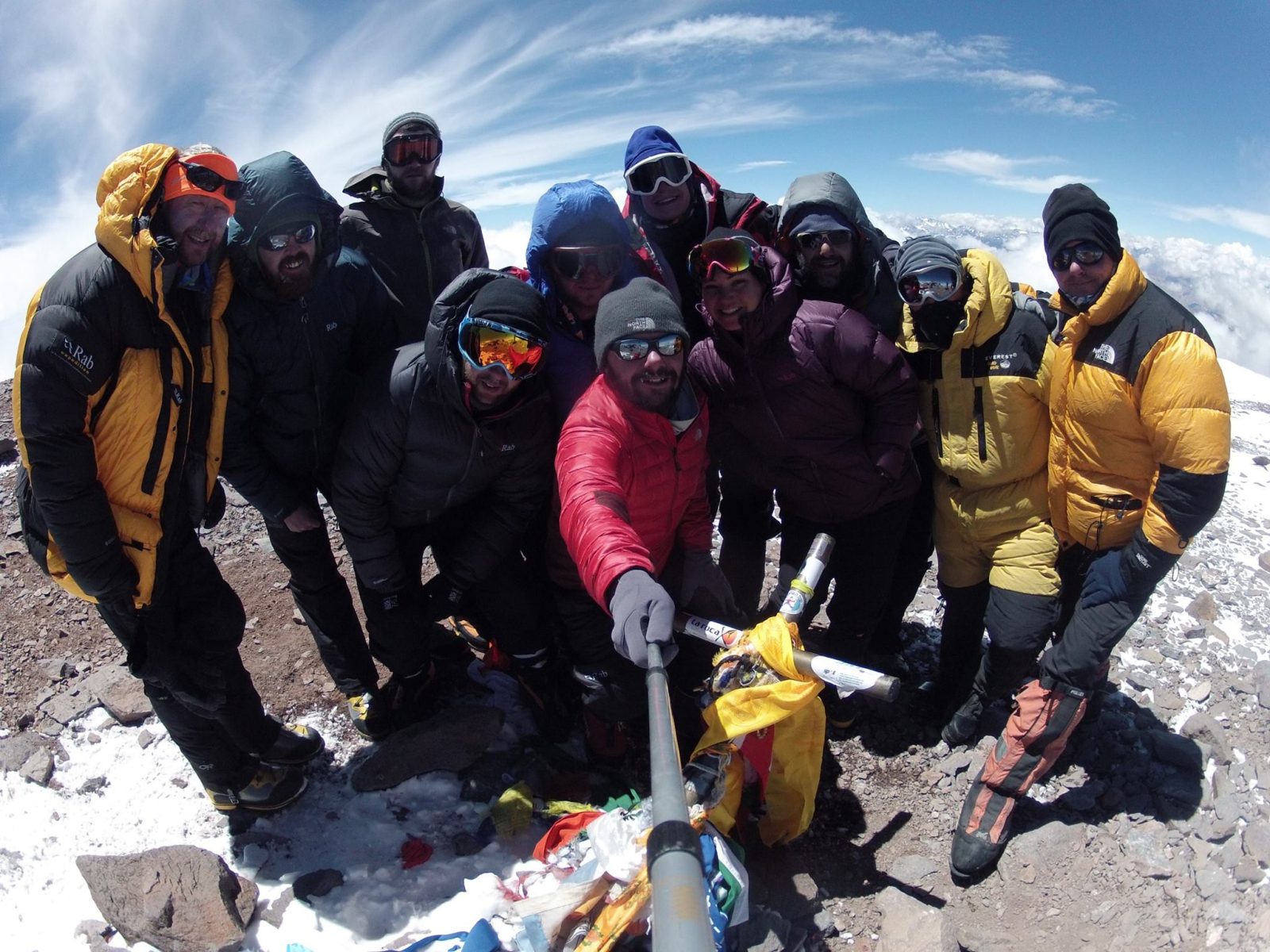
Mount Aconcagua Trip Review
January 2016 This year we had a team of twelve clients from four different countries – Iran, Ireland, England, South Africa and Argentina –...
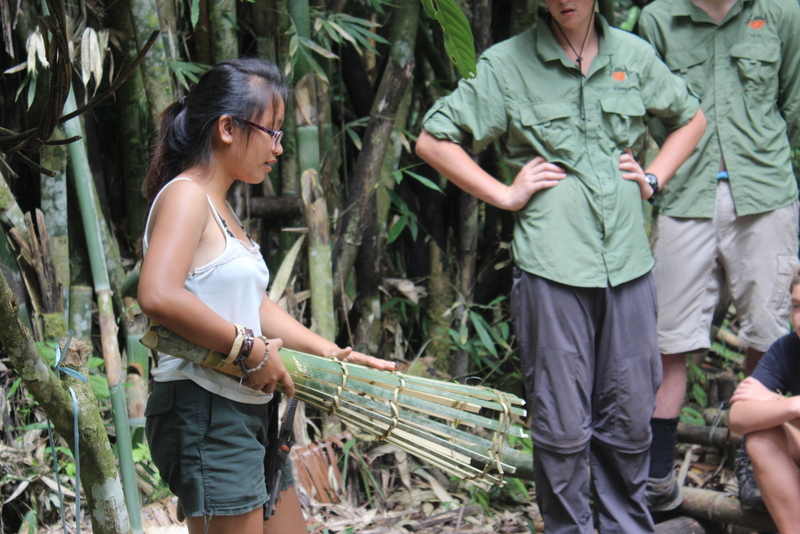
Alcey’s Survival Skills Course at Lupa Masa Jungle Camp
SURVIVAL SKILLS COURSE AT LUPA MASA JUNGLE CAMP | ADVENTURE ALTERNATIVE In celebration of International Rural Women’s Day, we’re talking...